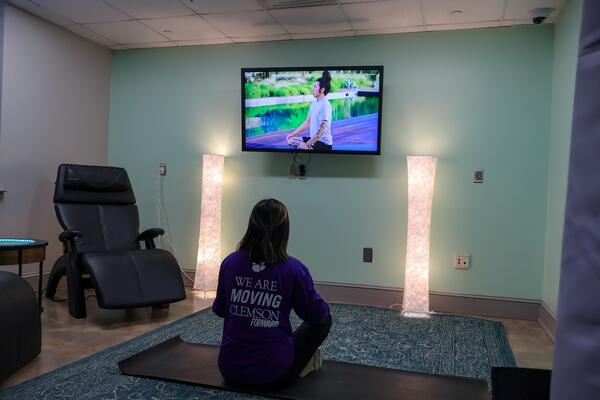
"Personal well-being, especially mental health, represents a significant barrier to academic persistence among college students, impacting their focus and performance considerably."
"Colleges are investing in wellness facilities, with 70% of college presidents reported to have made improvements in services aimed at promoting student well-being."
"Despite investments in wellness programs, only 46% of students rated campus health services as good or excellent, indicating a gap between offerings and student satisfaction."
"New initiatives like 'brain breaks' and dedicated wellness centers exemplify universities' commitment to enhancing students' mental health and academic success through supportive resources."
Mental health profoundly impacts college students' academic performance, with 40% saying it greatly affects their focus and learning. In response, many universities are enhancing wellness services; a survey indicated that 70% of college presidents have prioritized mental health resources recently. However, student satisfaction remains low, with only 46% rating these services well. Innovative support measures include dedicated wellness centers and initiatives promoting self-regulation. One such initiative encourages students to take structured breaks to enhance focus and reduce stress, addressing both physical and mental well-being to improve student outcomes.
Read at Inside Higher Ed | Higher Education News, Events and Jobs
Unable to calculate read time
Collection
[
|
...
]